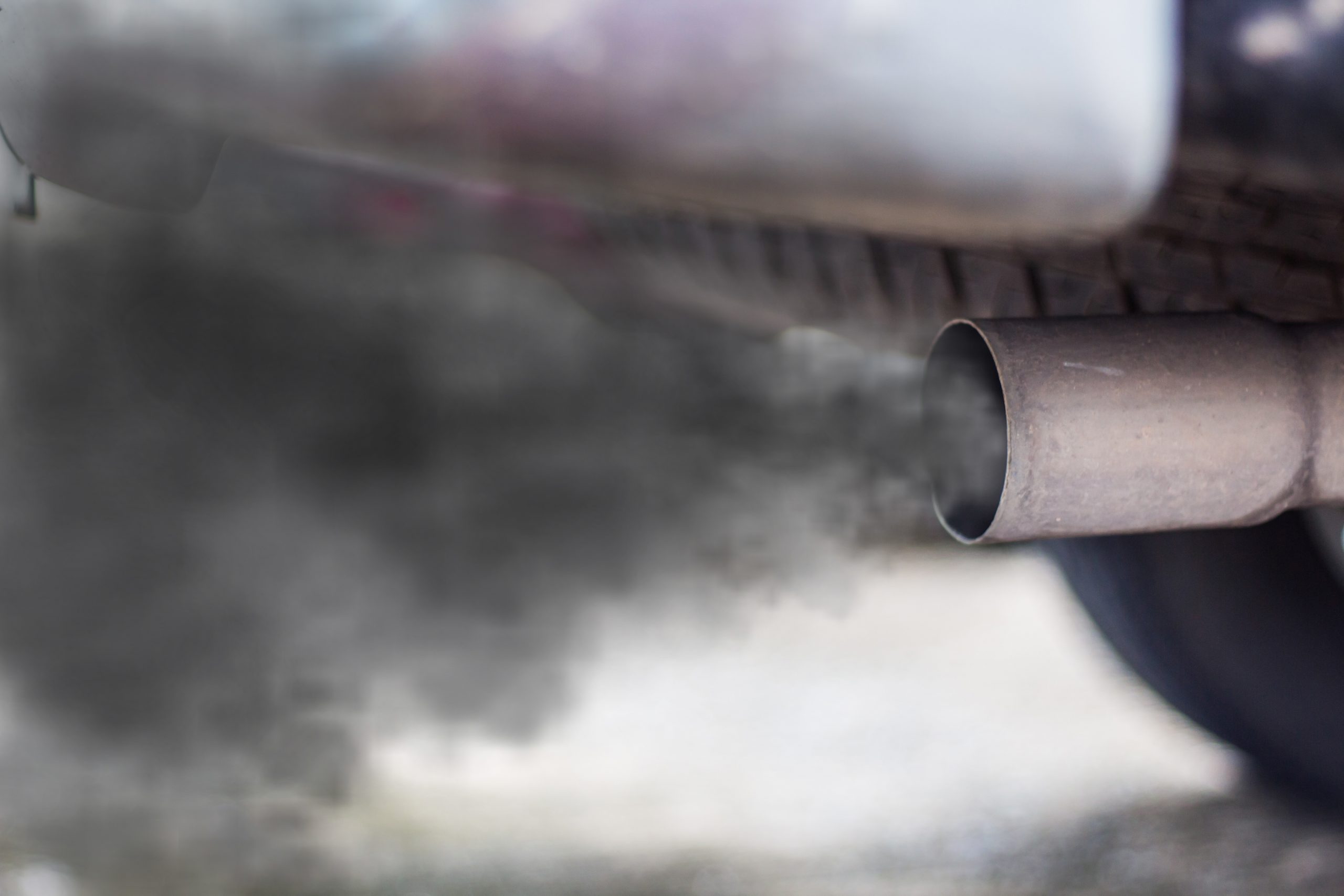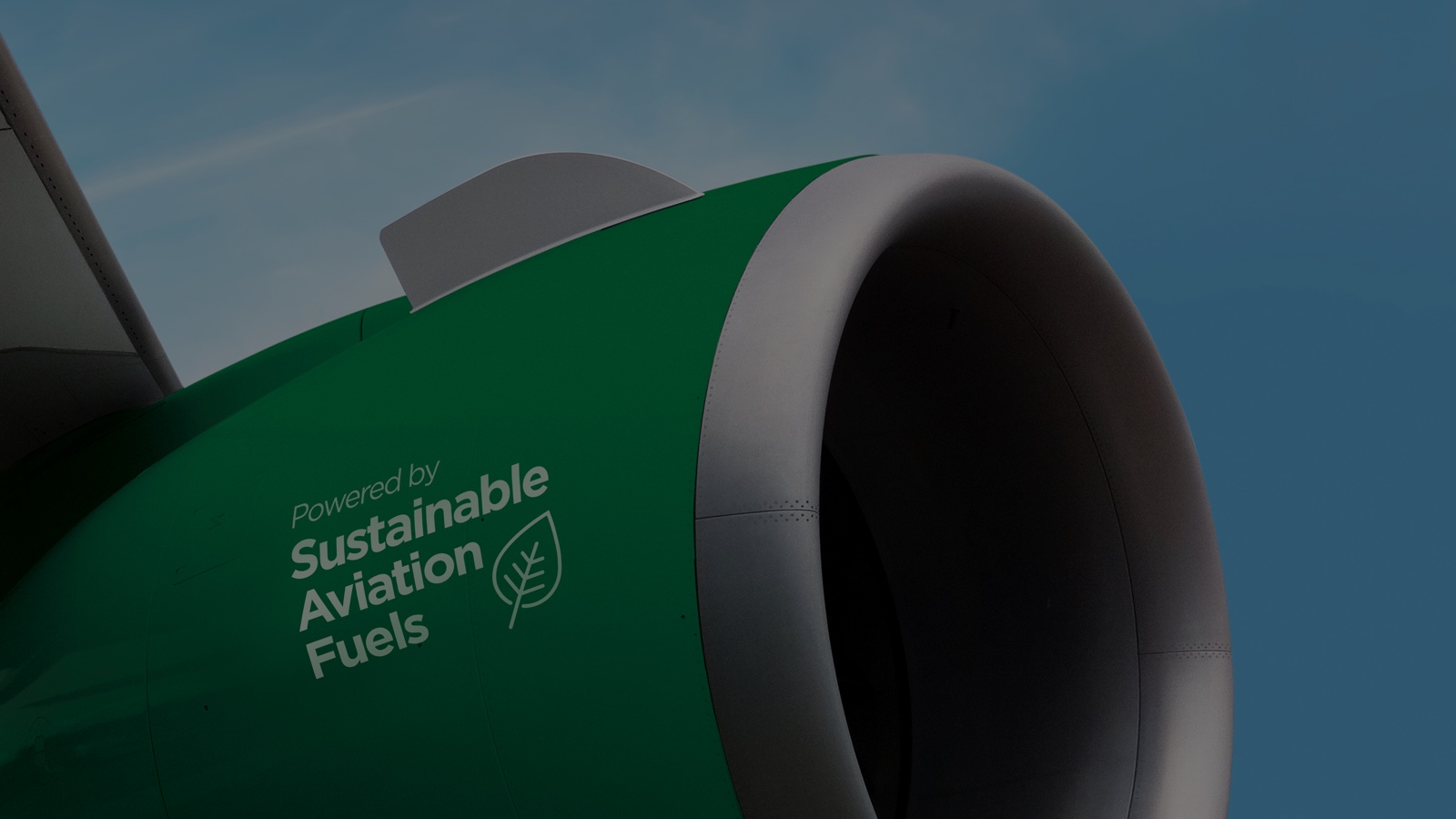Spending Review sees a strong commitment to decarbonise transport

The Prime Minister’s commitment to achieving Net Zero by 2050 was given a boost in the recent Spending Review with a sizeable budget allocated to supporting the transport sector's transition to decarbonised energy sources.
KTN’s work with industry to drive innovation that is sustainable – responsible, resilient and even regenerative – spans diverse sectors. The 2020 Spending Review highlighted several areas of interest to KTN’s teams, including Transport. The round up below shows the key relevant outputs for the Transport sector and how KTN is helping industry.
Hydrogen
£240m was pledged for low carbon hydrogen production and infrastructure, including £3m for the construction of the Tees Valley Hydrogen Transport Hub. KTN will launch its new Hydrogen Innovation Network on 12 January 2021 which will form a non-competitive advisory group to pool knowledge from existing hydrogen communities (from government and industry). You can register for the launch event here.
Road
The date ending the sale of new petrol and diesel cars is being brought forward to 2030. Hybrids will still be allowed until 2035, then all new vehicles sales must be zero emission. To assist this transition, £1.3bn has been committed to accelerate the deployment of charging infrastructure. This includes:
- £950m to roll out rapid vehicles charging hubs at major road service station
- £275m in support to install charge points at homes, workplaces and at on-street locations
- £90m to fund local electric vehicle charging infrastructure
£20m is being committed for freight trials to explore hydrogen and other zero-emission HGVs. Over the course of the year a phase out date for the sale of new diesel HGVs will also be established.
If you are an SME involved in the battery sector for electric vehicles, you may be interested in applying for KTN’s forthcoming Faraday Battery Challenge Investment Readiness Programme. The launch event is 13 January and you can register here.
Maritime
£20m has been promised for a Clean Maritime Demonstrator Programme. Building upon existing successful projects such as the hydrogen ferry trials in Orkney, these funds will kickstart development of clean maritime technologies to fortify the UK’s position as a leading maritime nation.
The government is also committed to delivering 10 Freeports across the UK (at least one in England and each of the devolved nations). This programme aims to establish Freeports as national hubs for global trade and investment across the UK, promote regeneration and job creation and create hotbeds for innovation.
KTN runs the Decarbonising Ports and Harbours Innovation Network which focuses on major ports and harbours that have a cross section of usage including cargo, ferries, and containers and aims to convene a community that addresses the challenges of decarbonising, reducing emissions of greenhouse gases and improving localised air quality. You can find out more about this flagship programme here.
Aerospace and Aviation
Following the establishment of the Jet Zero Council, which KTN currently holds the Secretariat role for, £15m is being delivered through the Aerospace Technology Institute for FlyZero – a 12-month R&D programme towards creating a zero-emission aircraft.
A £15m competition to support the production of sustainable aviation fuels will be launched building on the success of the Future, Fuels for Freight and Flight competition.
£3m to establish a SAF clearing house, the first of a kind in Europe, to support the testing of new fuels. KTN worked with industry experts to develop the business case and now working with DfT to ensure testing can begin early 2021.
Active travel
£120m has been cited to begin the introduction of over 800 new zero-emission buses as part of a £5bn investment over the course of this parliament to encourage active travel via buses, cycling and walking.
Rail
£2bn is provided for the continued operation of the UK railway network. This is in addition to the £8bn that was committed during the pandemic to ensure rail passenger service continued to operate. KTN has worked with Innovate UK to promote some examples of how UK innovators can contribute to the rebuilding and growth of rail in UK and around the world. You can download the PDF here.
Local investments
Almost £2.5bn committed from 2022-23 onwards delivering major investment for local transport priorities in English cities through the Transforming Cities Fund and, building upon this, through five-year intra-city transport settlements for eight Mayoral Combined Authorities.
- Over £350m in the West Midlands Combined Authority and Stoke-on-Trent
- Over £240m in Plymouth, South East Dorset and West of England Combined Authority
- Over £130m in Norwich, Cambridgeshire and Peterborough
- Investment in the Oxford-Cambridge Arc, including funding for East West Rail
- £210m in Leicester, Derby and Nottingham
- Almost £500m in the Sheffield City Region and West Yorkshire Combined Authority
- £285m in the Tees Valley and the North East
- Over £500m in Greater Manchester, Preston and Liverpool
Additionally, £64m to has been allocated to modernise the Nexus Metro in Tyne and Wear and a further £80m for capacity enhancement on the East London line.
How to get involved
The Transport Team at KTN will be working with partners to deliver the innovation programmes to support the above investments. Sign up to the Transport newsletter to be kept informed on the latest developments around the investment announced in the Spending Review.
Resources:
Decarbonising Ports & Harbours at KTN
Low Emission vehicles at KTN
Maritime at KTN
Rail at KTN
Sustainable Aviation Fuel at KTN
Related Events and Recordings
Related programme

Innovation Networks
Through our Innovation Network programme, we’ve united some of the best minds and greatest thinkers from across the UK in areas of innovation, development and new technologies.



